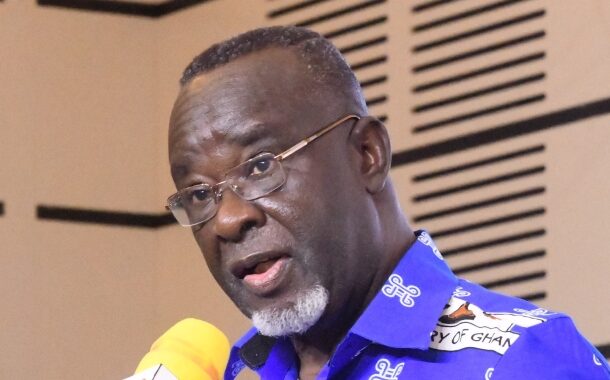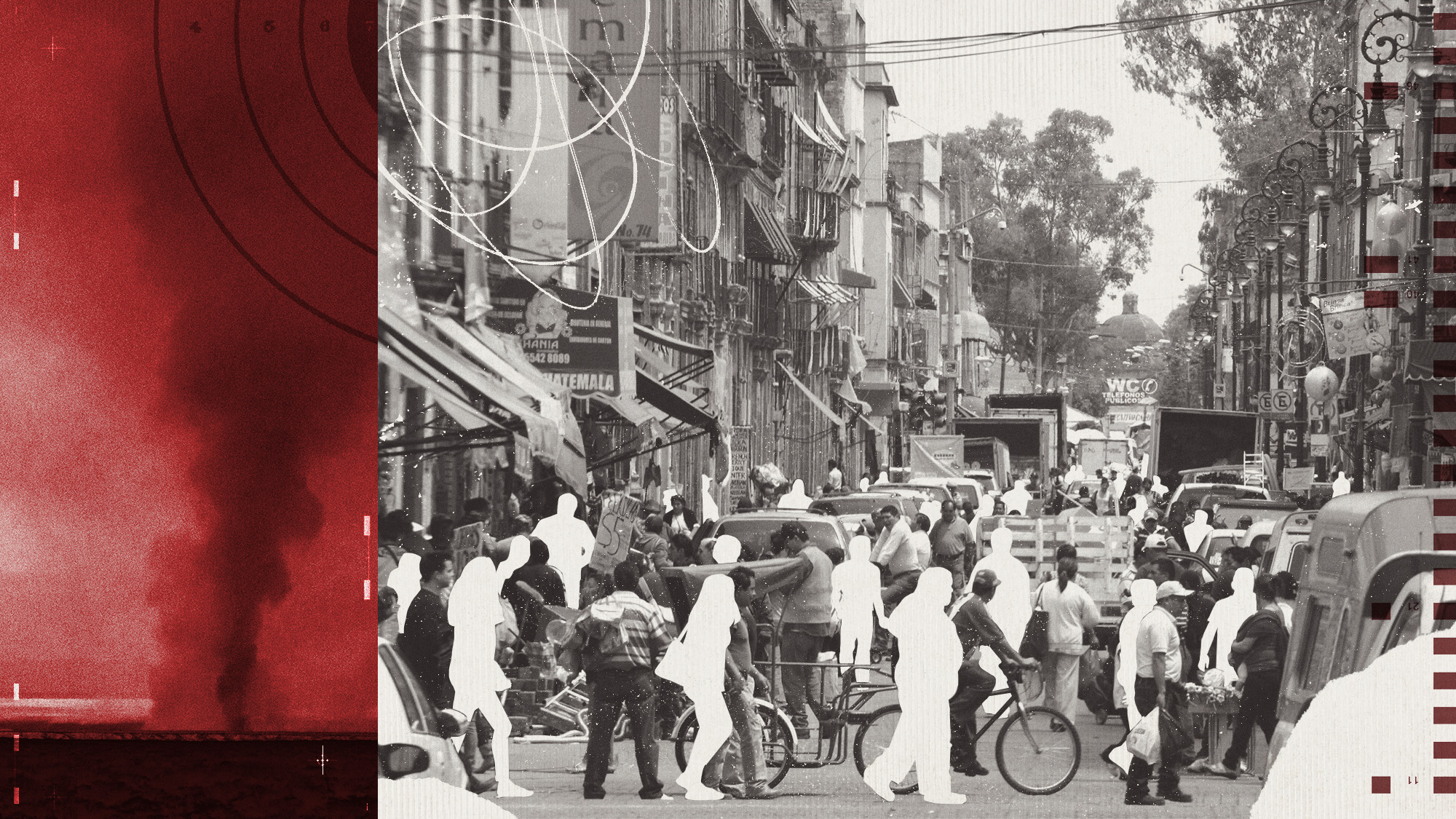By Yaw Opoku Amoako
Copyright ghanaguardian

The Acting Chief Justice, Justice Paul Baffoe-Bonnie, has urged magistrates and judges to jealously safeguard their independence from political, commercial, and social pressures when adjudicating cases involving illegal mining, drug trafficking, and abuse.
Delivering the keynote address at the annual general meeting of the Association of Magistrates and Judges in Accra yesterday, Justice Baffoe-Bonnie reminded the bench that although the judiciary does not make policy or exercise executive enforcement powers, it remains the “guardian of justice, custodian of the law, and interpreter of the nation’s conscience.”
“We must ensure that prosecutions relating to illegal mining, drug trafficking and abuse are pursued with seriousness, impartiality, and urgency,” he stressed. “Where evidence exists, the law must be applied without fear or favour. No one — regardless of political affiliation or social standing — should be beyond the reach of justice.”
The two-day conference is themed: “Leveraging Technology to Enhance Justice Delivery.” Discussions include challenges and opportunities confronting the judiciary, as well as elections for new association leaders.
Harmonised Sentencing and Judicial Impact
Justice Baffoe-Bonnie further called for harmonisation of sentencing practices to ensure fairness, deterrence, and consistency. He reminded his colleagues that while the judiciary alone cannot end galamsey and drug abuse, the fight cannot succeed without their active role.
“The ripple effect of our judgments must never be underestimated,” he said. “Every ruling grounded in justice strengthens the foundation of a law-abiding society.”
He highlighted the devastating consequences of galamsey, noting that an estimated 4,726 hectares of land have been destroyed across 34 of the country’s 288 forest reserves in seven regions, with severe damage to arable lands and water bodies. This, he said, has contributed to reduced food production, rising prices, and health risks in affected communities.
Rising Drug Abuse
On drug abuse, the Acting CJ referenced a study showing high levels of substance use among Ghanaian adolescents — 12.3% prevalence overall, with 56.9% abusing alcohol and 36.4% abusing cigarettes.
He revealed plans to collaborate with relevant authorities to refine specialised courts introduced under former Chief Justice Georgina Theodora Wood and to establish or designate more courts to handle the rising caseloads linked to gun violence, environmental crimes, and drug-related offences.
Government’s Commitment
The Attorney-General and Minister of Justice, Dr. Dominic Ayine, reiterated government’s commitment to modernising the judiciary with technology to improve efficiency. He praised the association for embracing digital transformation but cautioned that technology must be applied responsibly.
“Judges must remain open to innovation, lawyers must adapt their practices, and the state must provide adequate resources,” he said. Dr. Ayine also stressed the need to tackle prolonged adjournments and case backlogs, warning that such delays erode public trust in the justice system.
Concerns from the Bench
The President of the Association, Justice Henry Anthony Kwofi, welcomed the adoption of technology, noting that it would streamline processes, reduce paperwork, and help resolve cases faster — ultimately improving public satisfaction.
However, he expressed concern over inadequate resources and welfare challenges confronting judges, including unpaid allowances, lack of vehicles, and insufficient medical support, which he said were making their work “extremely difficult.”



